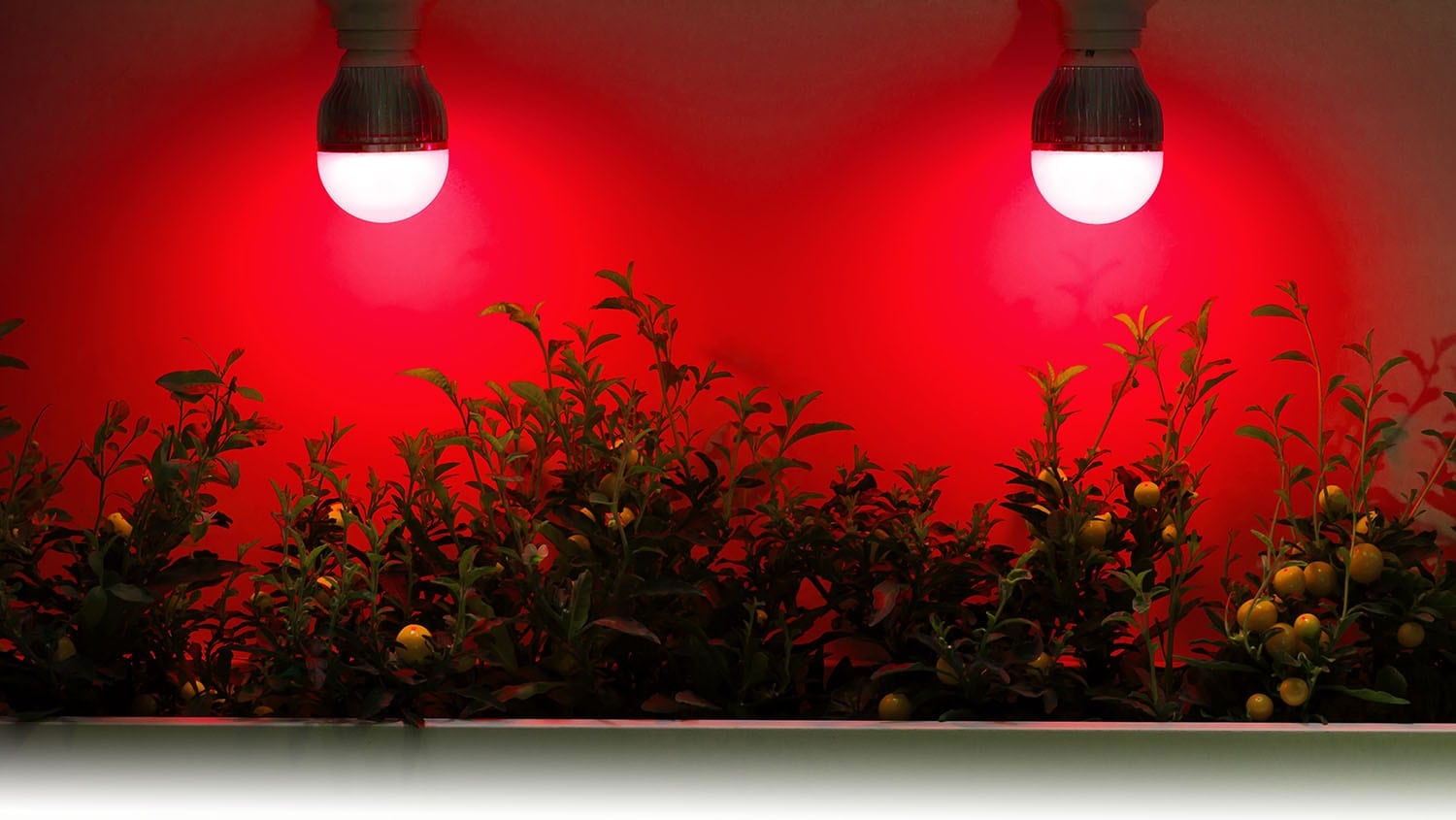Light spectrums play a crucial role in shaping plant growth and development. In this article, we'll provide a detailed look at different light spectrums, including blue and red lights, and their specific effects on plant physiological processes.
Understanding Light Spectrums
Light spectrums refer to the distribution of wavelengths within the electromagnetic spectrum. Different wavelengths of light have varying effects on plant growth, influencing processes such as photosynthesis, photomorphogenesis, and flowering.

The Role of Blue Light
Blue light, with wavelengths between approximately 400 and 500 nanometers, plays a vital role in various plant physiological processes. It is crucial for promoting vegetative growth, chlorophyll synthesis, and stomatal regulation.
 providing plants with blue light during the vegetative stage, growers can encourage robust foliage growth and enhance leaf development. Blue light also influences plant morphology, helping to create compact and sturdy plants ideal for indoor cultivation.
providing plants with blue light during the vegetative stage, growers can encourage robust foliage growth and enhance leaf development. Blue light also influences plant morphology, helping to create compact and sturdy plants ideal for indoor cultivation.
Ready to harness the power of blue light for optimal plant growth? Explore our selection of LED grow lights designed to deliver precise blue light spectra and take your indoor garden to new heights! Shop now.
The Influence of Red Light
Red light, with wavelengths between approximately 600 and 700 nanometers, is essential for driving photosynthesis and flowering in plants. It plays a crucial role in initiating and regulating various stages of plant growth.

During the flowering stage, providing plants with supplemental red light can stimulate flower production and enhance bud development. Red light also promotes stem elongation, helping to create robust and vigorous plants.
Explore our range of LED grow lights optimized to deliver the perfect balance of red light for maximum photosynthetic efficiency and abundant flowering! Discover more.
Conclusion
Light spectrums exert a profound influence on plant growth and development, shaping various physiological processes essential for optimal crop production. By understanding the specific effects of blue and red lights on plant physiology and utilizing LED grow lights designed to deliver precise light spectra, growers can create ideal growing conditions and achieve remarkable results in their indoor gardens.






